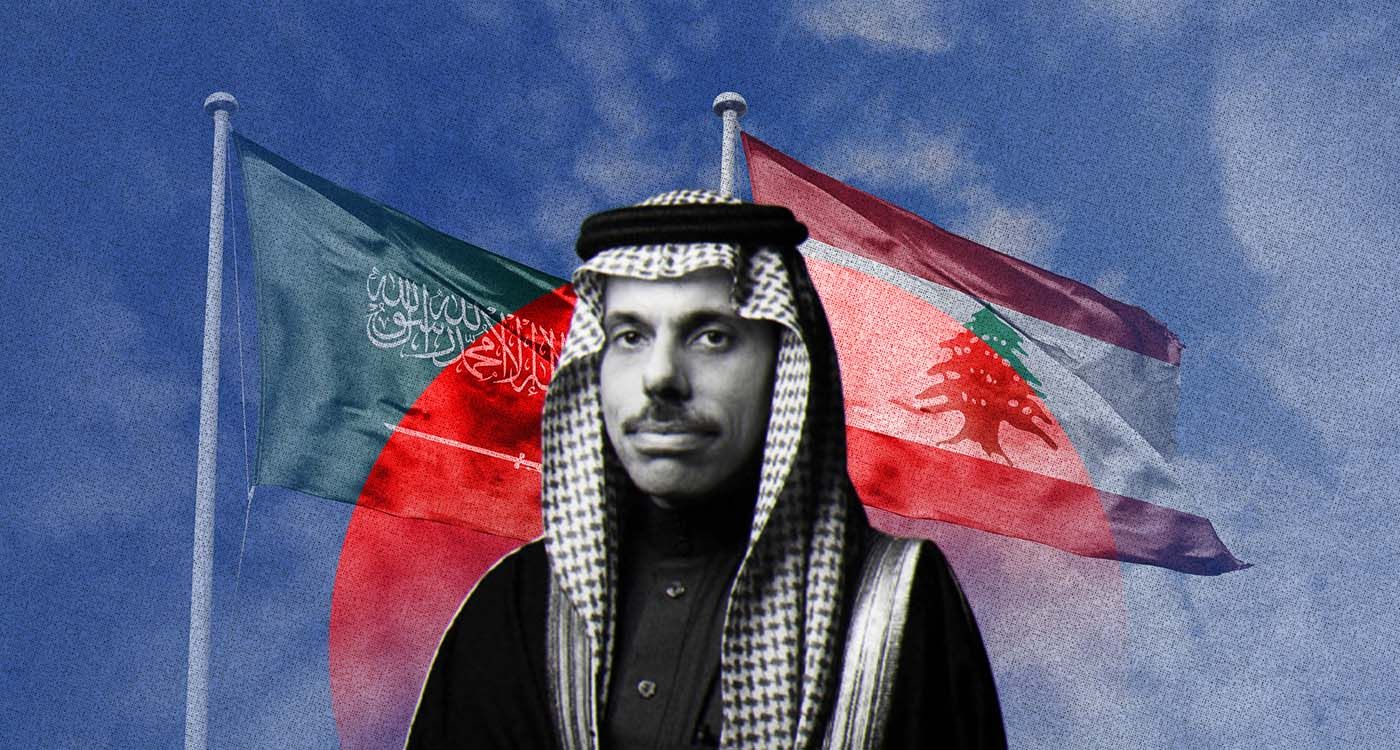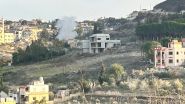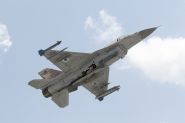
In a significant diplomatic move, Saudi Foreign Minister Faisal bin Farhan Al Saud concluded his visit to Baabda, where he met with newly elected President Joseph Aoun. This visit marks a historic moment, as it is the first time in 15 years that a high-ranking Saudi diplomat has visited Beirut.
Strengthening Ties with Lebanon
During his visit, Minister bin Farhan reaffirmed Saudi Arabia’s unwavering support for President Aoun and underscored the importance of strengthening ties between the two nations. The discussions focused on enhancing political, economic, and security cooperation, signaling a renewed commitment to Lebanon’s stability and future.
This visit is a clear reflection of Saudi Arabia’s efforts to rebuild Lebanon’s relations with key Arab states, especially as the country faces significant political and economic challenges. In addition to meeting President Aoun, Minister bin Farhan held discussions with Prime Minister-designate Nawaf Salam, Parliament Speaker Nabih Berri, and caretaker Prime Minister Najib Mikati.
What the Visit Represents
Prince Faisal's visit to Beirut is widely seen as a diplomatic gesture aimed at signaling that Saudi Arabia is keen to rebuild and strengthen its ties with Lebanon. Riyadh’s re-engagement may also encourage other Arab nations to take a more active role in Lebanon’s recovery process. Observers view the visit as a potential turning point in relations, reinforcing Saudi Arabia’s position as a key player in regional geopolitics.
Political analyst and Middle East expert Karim Sader put the visit in a broader regional context: “With the weakening of Iranian influence in Lebanon and the broader Middle East, many regional actors are now looking to fill the vacuum left by Tehran’s diminishing role.”
He continued, “It is only natural for Saudi Arabia, eager to assert its regional leadership, to reassert its influence in Lebanon, a country where it has historically played a significant role, especially with the 1990 Taif Accords that helped bring an end to the Lebanese Civil War.”
A Complex Rivalry and Saudi Engagement
Sader also noted that Saudi Arabia’s renewed engagement in Lebanon is partly driven by the growing competition between Sunni powers in the region. “With the Muslim Brotherhood gaining strength, backed by Turkey and Qatar, and the rivalry with the UAE, Sunni regional players are competing for influence, and Lebanon is an important battleground in this contest,” he explained.
In this context, Saudi Arabia's efforts to rebuild Lebanon’s Sunni political establishment—largely weakened after the decline of the Hariri political dynasty—take on significant importance. This move is seen as part of a broader regional competition for leadership in the Arab world.
While immediate results from this visit are unlikely, it represents an important step toward rebuilding trust and cooperation. As Sader pointed out, “This re-engagement could be very beneficial for Lebanon, particularly if it results in economic benefits from Saudi Arabia’s vast financial resources.” However, he also cautioned that Riyadh is likely to proceed carefully, demanding tangible reforms from Lebanon before offering substantial financial support.
Prince Faisal: A Seasoned Diplomat
Prince Faisal bin Farhan, who has served as Saudi Arabia’s foreign minister since 2019, is a prominent figure in shaping the kingdom’s evolving foreign policy. His tenure has been marked by a pragmatic approach, with a focus on economic diversification and modernization, in line with Saudi Arabia’s Vision 2030.
Born in 1974, Prince Faisal studied management and international politics, laying the foundation for a distinguished career. Before becoming foreign minister, he served as Saudi Arabia’s ambassador to Germany and held key advisory roles within the Ministry of Foreign Affairs. His extensive experience in navigating complex international relations has earned him respect as a trusted figure in handling sensitive diplomatic matters.
What Lebanon Hopes to Gain
For Lebanon, this visit brings a glimmer of hope amid the country’s ongoing crises. Lebanon’s dire economic situation, compounded by political deadlock and the aftermath of recent conflicts, has left the nation in urgent need of international support. Saudi Arabia’s involvement could provide vital opportunities for aid, investment, and collaboration on key reforms.
Sader emphasized the stakes of this renewed relationship: “With the weakening of the Shiite axis, Saudi Arabia’s kingdom under MBS wants to reassert its position in Lebanon and across the Levant.”
While the visit’s symbolic importance is undeniable, Lebanon’s path to recovery will ultimately depend on concrete financial assistance and political backing. Riyadh’s cautious approach highlights the delicate balancing act between providing aid and ensuring that Lebanon’s political system undergoes the necessary reforms to secure its future.




Comments